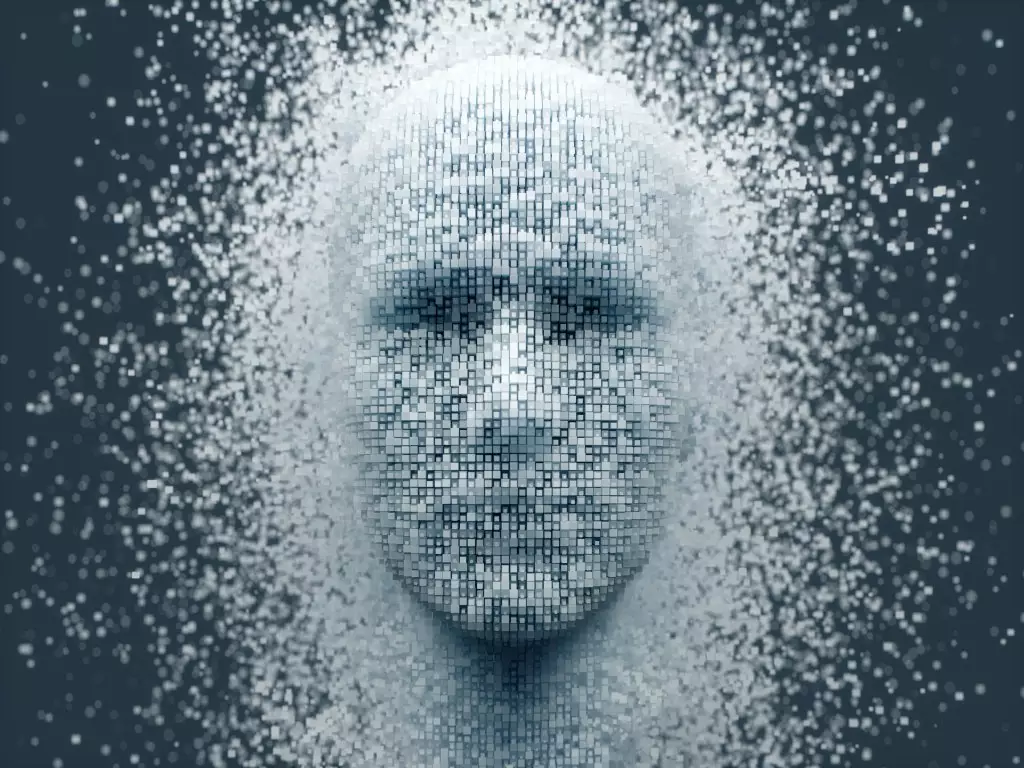The emergence of artificial intelligence (AI) within the creative industries has ushered in a wave of excitement and innovation, but it has also propelled a troubling narrative of exploitation and erasure. UK actors are now raising alarms about being “digitally scanned” and reproducibly rendered without their informed consent. This opens an unsettling textbook of ethical considerations, painting a picture of a potential dystopia for the individuals whose craft and likeness bring life to cinema and television. As the actors’ union Equity mobilizes its members and shares their stories, the situation calls into stark relief the tensions between technological advancement and the safeguarding of artistic integrity.
The Numbers Tell a Harrowing Story
With nearly 1,500 signatures from prominent performers such as Tamsin Greig and Alan Davies, the open letter sent to Pact underscores the urgent need for transparency and protections against AI misuse. In a climate where actors find themselves becoming mere data clusters in AI models, their lives and livelihoods are placed at risk. The chilling reality is that the processes by which their portraits and creative expressions are captured and commodified are shrouded in secrecy. This lack of clarity not only breeds fear among the talent; it raises fundamental questions about ownership and creative rights in an age where digital replication can happen in the blink of an eye.
The Stakes Are Higher than Ever
Amid ongoing negotiations that have lingered for over a year, the concept of AI safeguards appears to reach an emotional breaking point for many actors. Equity’s General Secretary Paul Fleming’s proclamation of being “industrial action ready,” serves as a powerful reminder that workers will not idly stand by as their rights are eroded. The implications of adopting AI technology without ethical oversight are stark: an era where performative art is mass-produced, devoid of individual nuances, threatens to undermine the very fabric of creative expression. It’s not just about acting; it’s about maintaining the unique voices and stories that define the UK entertainment landscape.
Collective Action and Resistance
Fear of losing individuality to robotic algorithms is prompting a wave of collective action among actors. Drawing inspiration from the recent tactics employed by U.S. SAG-AFTRA, Equity is insisting on protective measures tailored specifically for the diverse landscape of actors in the UK. From supporting artists to voiceover talents, the union’s calculated proposals reflect a growing disillusionment with standard industry practices overshadowed by greed and zeal for efficiency. The union’s ethos emphasizes an unwavering commitment: “We will not accept any deal that does not grant us key protections.” This fierce mantra serves as a rallying cry against the potential predation of AI systems.
A Call to Action for Transparency and Ethics
The standoff between Equity and Pact is emblematic of broader societal dilemmas regarding technology and ethics. As the BBC and ITV tread carefully, insisting discussions remain on the table only after negotiations conclude, one cannot help but feel the weight of the consequences of inaction looming large. With the UK government contemplating legislation that would require opt-out clauses for copyright holders, the stakes are as high as ever. What at first appeared to be mere discussions about AI is transforming into an urgent plea for ethical diligence in the formulation of policies that safeguard artists’ rights, dignity, and creative control.
Imminent Change or Constant Struggle?
While the balance between innovation and ethical responsibility is delicate, one thing is abundantly clear: neglecting the voices of performers has far-reaching consequences for the entire industry. The responsibility lies not just with actors and their unions but also with producers, broadcasters, and policymakers who must recognize the moral obligation to protect human artistry in a machine-driven landscape. As the dust settles with new regulations and negotiations, the pressing question remains: will we choose a future where technology enriches human creativity, or will we yield to the cold efficiency that displaces it altogether?


Leave a Reply